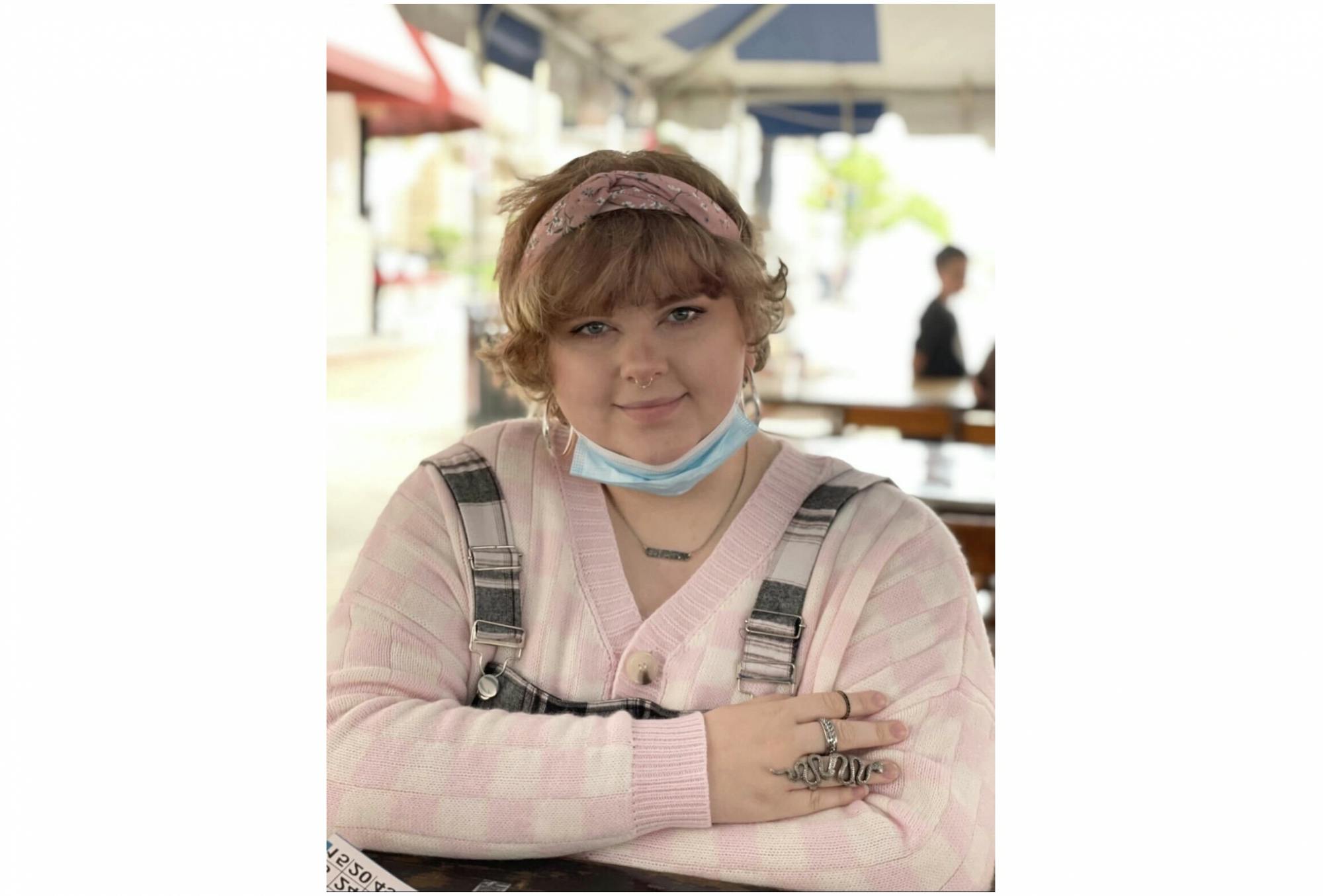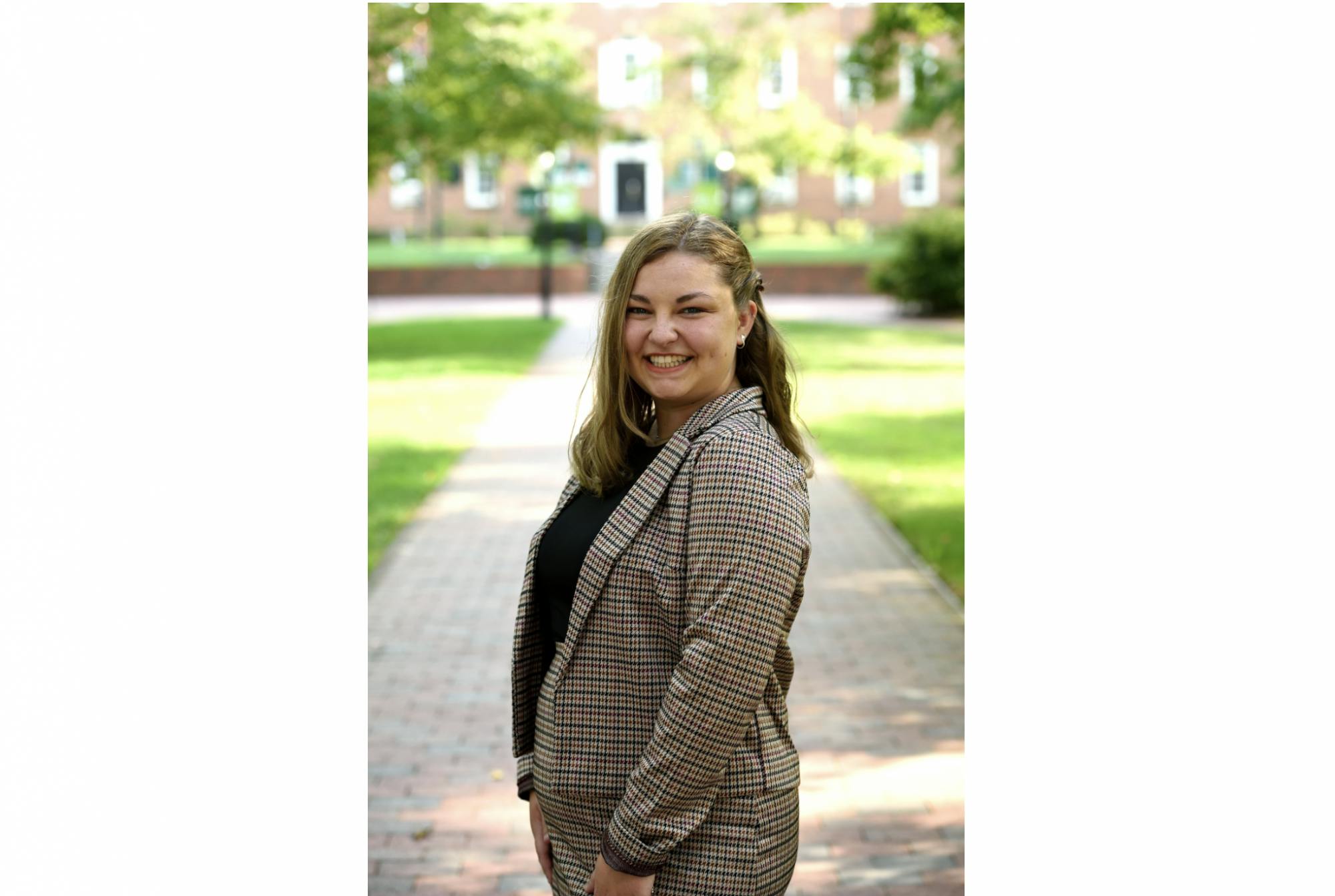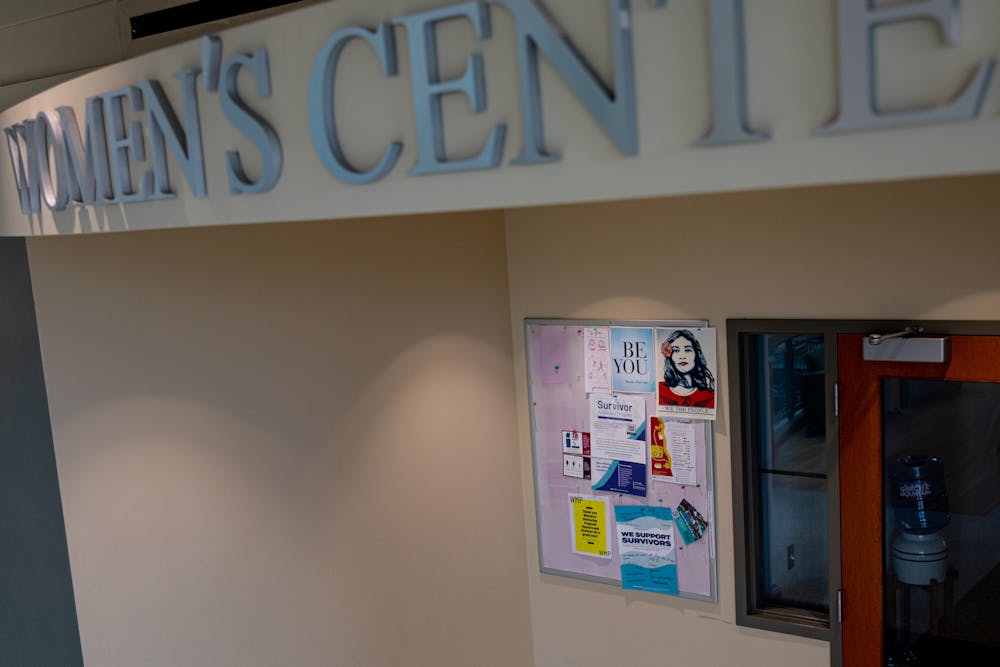Being a person who identifies as a woman looks different for everyone because of personal life experiences and aspirations. One’s own womanhood is perceived and measured by others in various ways that have historically and presently formed barriers to equal treatment in the workplace, educational spaces, government and more. But there is a special day that brings awareness to the inequalities women endure in these areas.
In 1973, National Women’s Equality Day was officially established on Aug. 26 by Congress. The significance of the date goes back to the certification of the 19th Amendment, which gave some women the right to vote, to the U.S. Constitution in 1920. Despite the 19th Amendment’s passage, women of color, immigrant women and women experiencing poverty were still restricted from voting.
While Women’s Equality Day celebrates the 19th amendment’s passage, over 100 years later, it continues to bring awareness to the lack of equality women face in the country and how women are making strides toward receiving full equality, according to the National Women’s History Alliance.
Although there are stereotypes and associations that come with being a woman, there aren’t defining characteristics and interests. Noa Rabkin, a freshman studying film, said there are days when appearing more feminine is a preference and there are other days when it’s not. It's also the same case for Rabkin when identifying as a woman is right on certain days versus not during others.
“On some days I can wear a dress,” Rabkin said. “And then some days I can totally just wear pants and a t-shirt. So it depends how I feel one day and it also gives off what other people would think of me.”
Femininity can also resonate with people regardless of gender. Sofie Wuertemberger, a freshman studying environmental sciences and sustainability, said, when identifying as a woman at times, that embracing femininity can be important and empowering.
“I feel like when I feel more feminine I like to indulge and be more traditionally girly,” Wuertemberger said. “And it’s kind of nice to indulge and be girly and giggly and laugh a lot. It’s kind of very uplifting because stuff like that just makes me feel happier sometimes.”
There are always choices in how any person decides to present themselves. But others may still categorize people as women if they feel the person is presenting as such. Wuertemberger said when walking on campus, sometimes men won’t move out of the way and make space on sidewalks.
“What I notice when I’m here is if I’m walking towards someone I have to get out of the way,” Wuertemberger said. “If it’s a guy, he’ll keep going straight. It’s just the idea that you have to move for them.”
Julie Briand, a sophomore studying psychology, said that people tend to perceive women as “dainty” and not equal or able to measure up to the things men are granted easy access to do.

Provided by Julie Briand.
“But to me, that just makes me want to fight harder to prove them that I can do it,” Briand said. “And going into a STEM field, I feel like definitely proves that. And then for younger girls that look up to me when I actually do become a doctor. That’s just a huge thing that women can’t do, like you can’t be a doctor. You can’t go into a STEM field that’s majority male.”
Some women may also feel or want the responsibility of creating opportunities for younger women and girls. Brittney Sargent, a junior studying biological sciences on the pre-med track, said although grasping the meaning of womanhood is complex, it’s a tool to use to ensure women in the future have more opportunities.

Provided by Brittney Sargent.
“I think womanhood for me is something that’s kind of complicated, because in a way, I think that it’s almost like you’re paving a path for other women to in the future,” Sargent said. “And I think that it’s important to be someone that people can look up to because there’s sort of this idea that women can be feminine and they can be submissive, but they can’t be strong and they can’t be outgoing.”
Despite the ongoing inequalities women such as Briand and Sargent may continue to face in their medical and STEM fields, they’re going to take the time on National Women’s Equality Day to take care of themselves.
“All of my roommates, we’re all STEM majors,” Sargent said. “So maybe (we’ll) go out to dinner.”
Briand also saw the benefits of acknowledging the holiday and seeing it as an opportunity to recharge.
“I agree with that– probably just a self-care day,” Briand said. “Just resetting my mindset and making sure I am in a positive place.”






